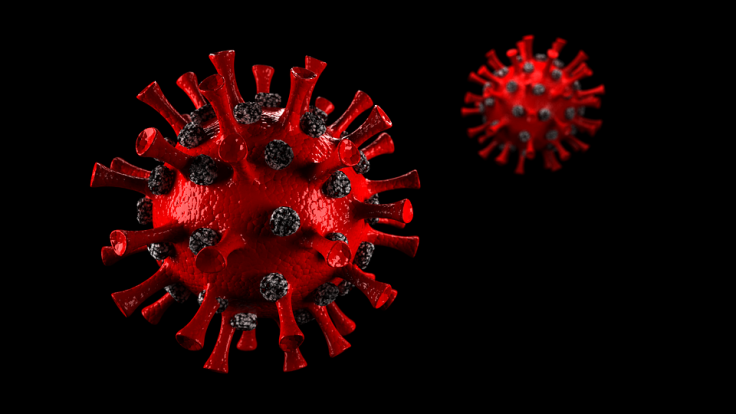Experts have advised coronavirus survivors from engaging in any kind of sexual encounter for at least a period of 30 days post recovery. Fearing a likelihood of the virus spreading to partners, a Thai medical expert has even warned against kissing.

The global pandemic, which originated from Wuhan in China, has so far infected over 4.9 million people globally and killed more than 320,000.
Expert Suggests Using Protection While Getting Intimate
Veerawat Manosutthi, a senior medical expert at the Thai Disease Control Department, stated that COVID-19 survivors can infect their partners by getting intimate within 30 days after testing negative for the coronavirus.
Speaking to Thai news outlet Khaosod English, Manosutthi said: "Those who believe themselves to be free of the virus should use condoms when having sex. Kissing should also be avoided as it is also known that it can spread through the mouth."
The Mirror reported that Manosutthi based his advice on a recent study, which claimed that traces of virus were found in the semen of some patients.
The study was conducted by doctors at China's Shangqiu Municipal Hospital. The researchers found that out of the 38 semen samples from COVID-19 patients, traces of the fatal virus was found in six. As reported earlier, the study, contradicting previous studies that claimed the virus cannot be transmitted through sex, hinted at the possibility of SARS-CoV-2 spread through sexual intercourse.
The publication quoted the study, published in JAMA: "The presence of viruses in semen may be more common than currently understood, and traditional nonsexually transmitted viruses should not be assumed to be totally absent in genital secretions."
Warns Against Kissing Too
Not only sexual intercourse, but even kissing can lead to spread of the virus. Speaking to Mirror Online, Dr Simran Deo, a UK-based doctor at Zava UK, urged people to avoid kissing and sharing food and drinks.
"Conditions like coronavirus are spread through water or mucus droplets from the nose and mouth containing the virus. So things like kissing, shaking hands and sharing food and drink with someone put people at increased risk of passing on the infection," she added.
The Chinese research team led by Dr Diangeng Li, of the Chinese People's Liberation Army General Hospital, Beijing, advised use of protection while indulging in sexual acts. "Abstinence or condom use might be considered as preventive means for these patients," it said.








